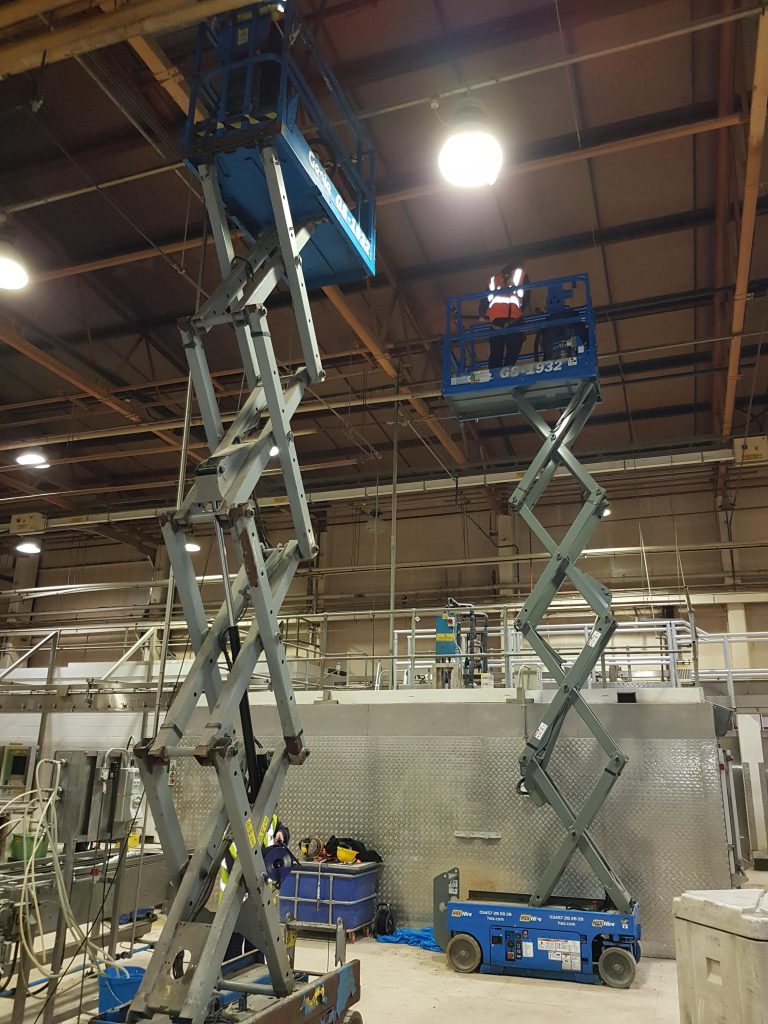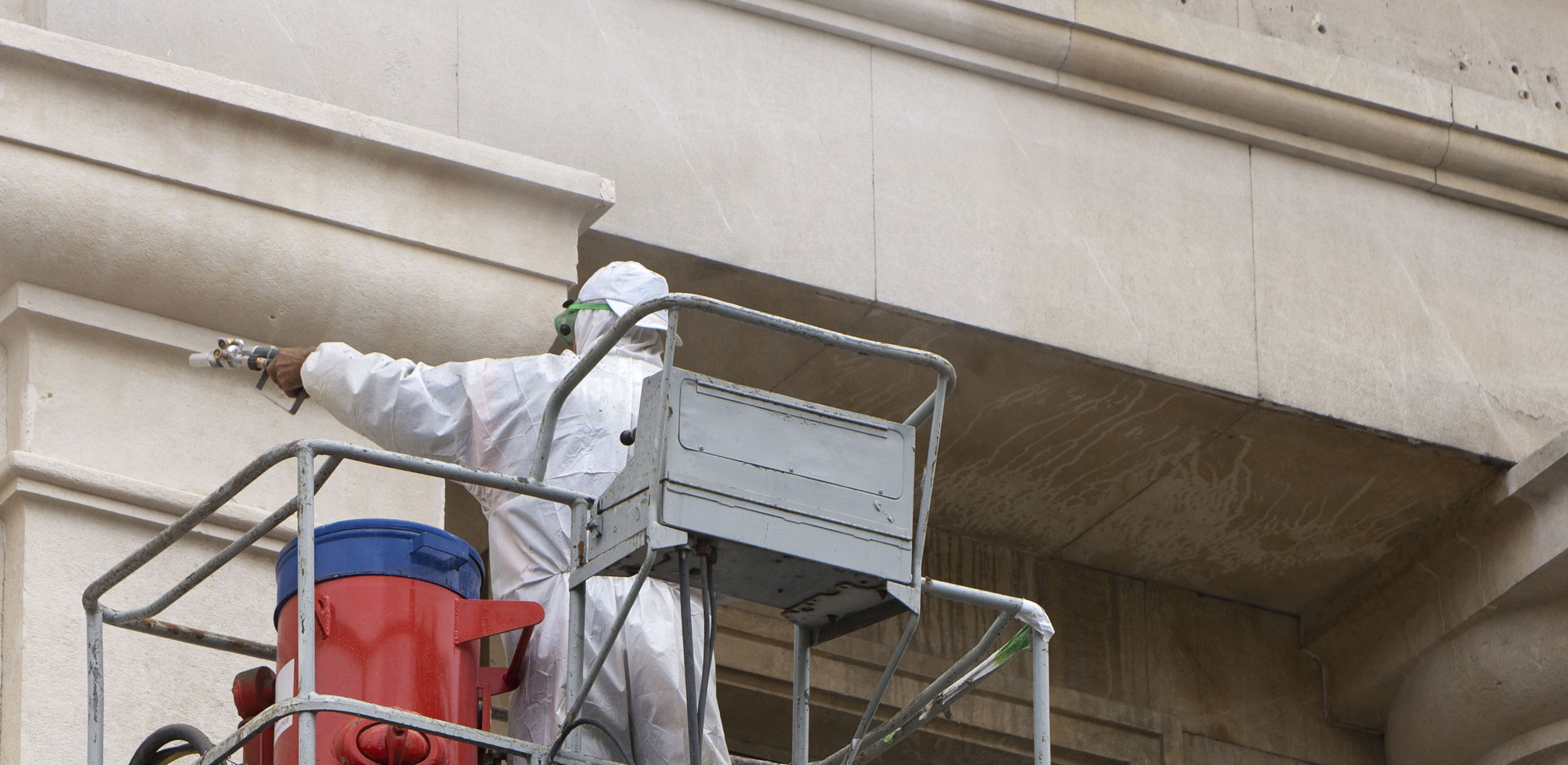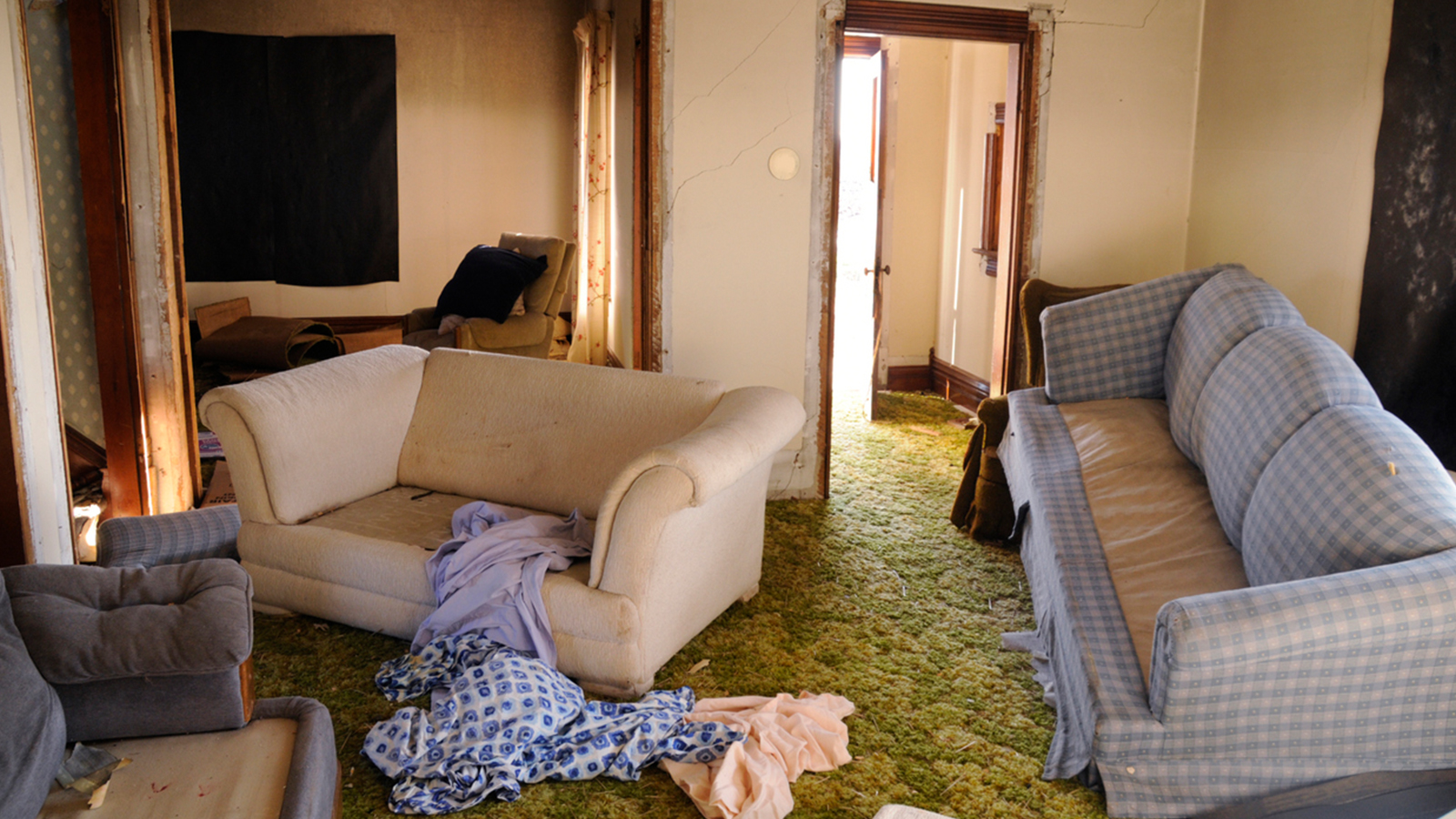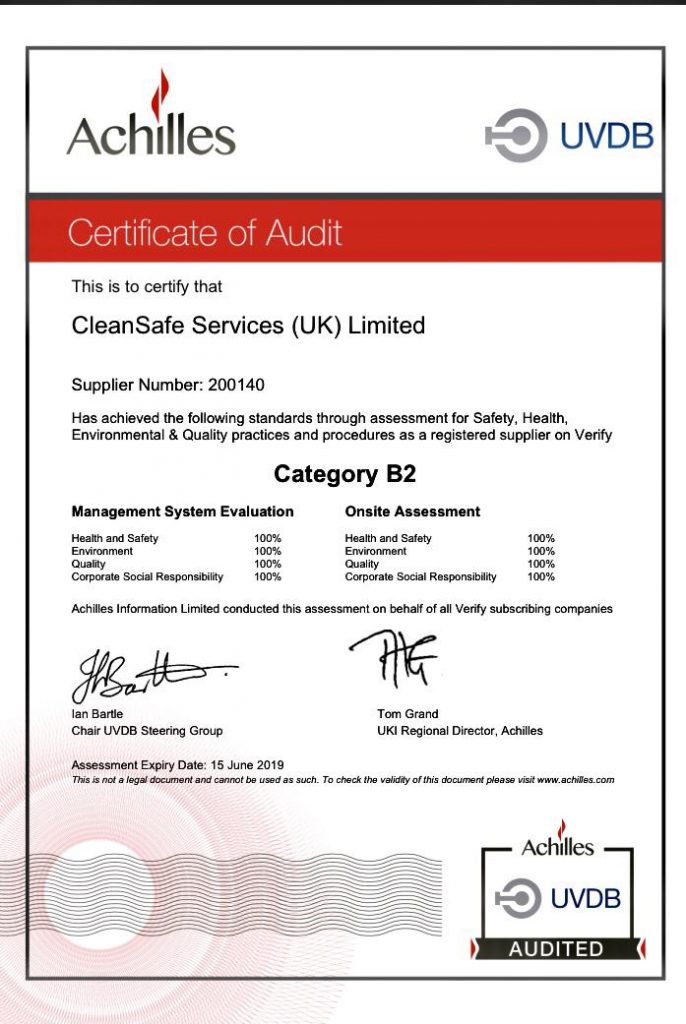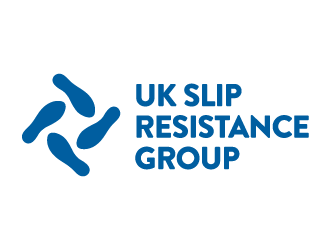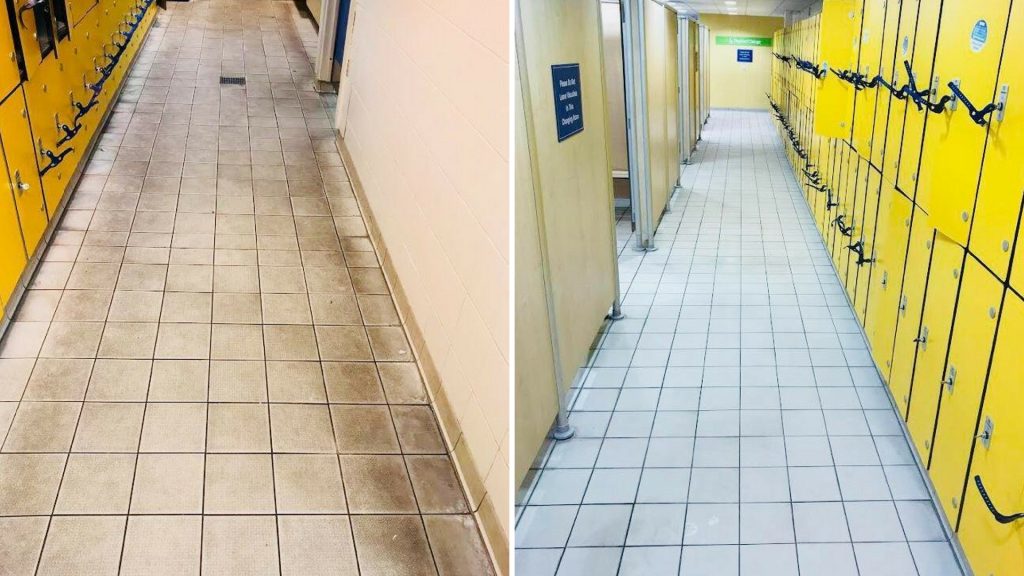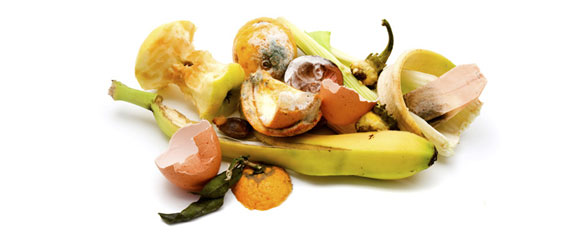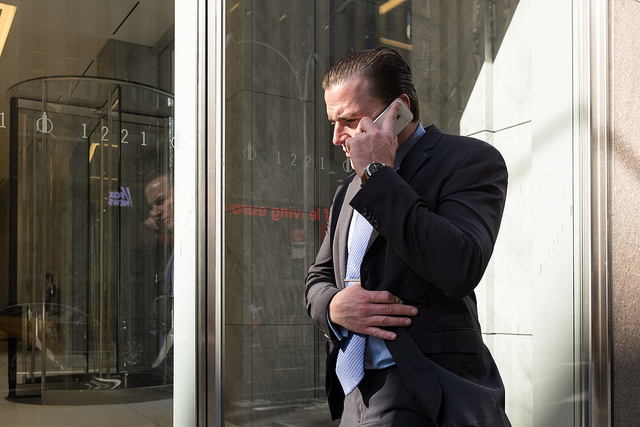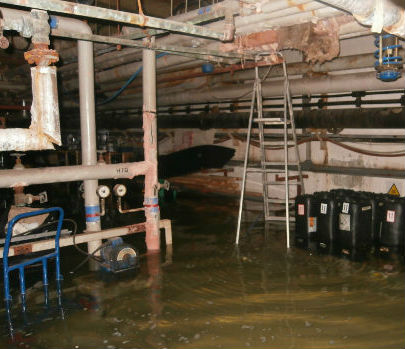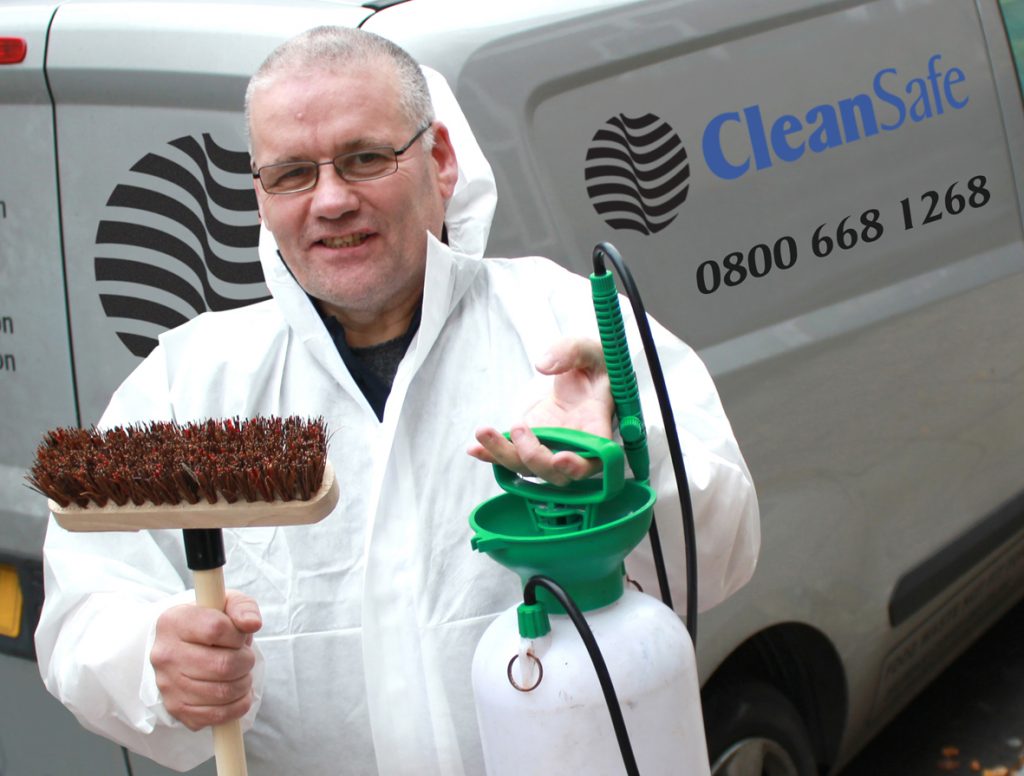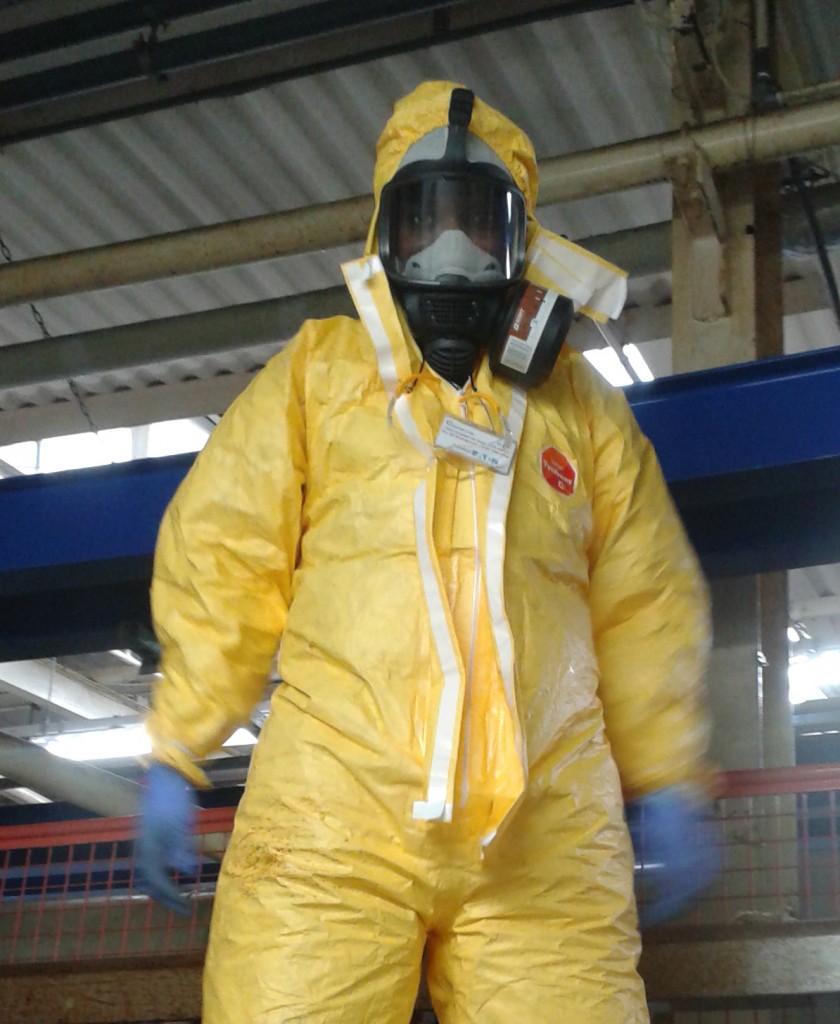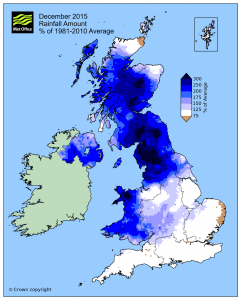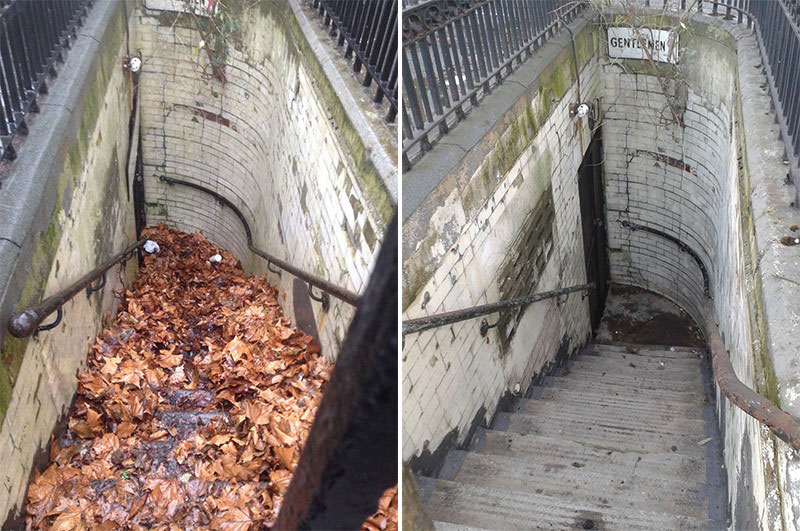While it might still be a burgeoning theory, there does appear to be a link between the odour or scent of a store and the behaviour of shoppers. The correlation between our senses, in particular our sense of smell in this case, and our behaviour has been studied, bringing to light some interesting facts.
The science behind scents
Whilst still in its infancy, the research into this fascinating link has revealed that it is the limbic system in the brain – the part in charge of our emotional responses – which is the key.
It has been proven that, although marginal, our chances of lingering and making a purchase are increased when we form an emotional response to a pleasant aroma. Not only that, but emotional responses can also be tied to our memories. So if you associate a particular smell with pleasant memories, you may think of a particular store or location, tying you to positive response to prompt you to stay, relax and enjoy your shopping experience – perhaps even indulge yourself.
A good example of this psychology at work is the use of spices and warmer aromas in the lead up to the Christmas period, prompting our brains to begin making connections with one of the busiest spending periods of the year. We associate these smells with seasonal treats, mulled wine and memories of Christmases gone by. In winter, these swirling memories all act as a comfort, reinforcing the positive message and the season of giving.
Which scent is right for you?
The Christmas example is always a good generic example, but you’re probably now asking yourself which scent is the right one to bring customers into your business and encourage them to spend more. The truth is that there is no perfect scent for you, it’s a varied discipline where marrying the right sensory reactions can reap rewards.
Think of a customer’s experience as a journey. They not only need to feel comforted and stimulated, they need to experience your store or location as a single harmonious environment. You should try to pair off your scent with any ambient music or lighting, always tying it back to what it is you’re trying to sell – not the product, but the benefit.
If your products are fresh and vibrant, display this through your environment with clean lighting and breezy scents reminiscent of a cool summer day. If, on the other hand, you are selling comforting and warm products, such as soft furnishings, try to establish this in your lighting and aroma so that customers associate you with being their provider of comfort.
Here are some popular fragrances used to stimulate a positive reaction from shoppers:
- Roasting coffee beans
- Freshly baked treats
- Freshly cut grass
- Citrus
- Apple musk and spice
- Deep oak or mahogany
- Soothing lavender
Mood Media, a Canadian company dealing in exactly this type of work, have been deploying this type of customer experience enhancement for many years now. As part of their strategy to enhance the mood in a store, they have over 1,500 scents and can develop custom aromas too. With everything from freshly baked cookies to sweet citrus, it’s little wonder that many UK stores have been taking up their assistance.
Where are your unpleasant aromas?
The focus of this piece has been around generating a positive response from customers and visitors by providing a positive experience through ambient expression. But what about the opposite end of the spectrum? It’s one thing to design a pleasant smell, but many people don’t even consider the impact an unpleasant smell in their premises can have on consumers, particularly if they’ve become accustomed to it.
There are several key areas which naturally cause bad odours in stores and business premises, including:
- Toilets
- Rubbish and refuse areas
- Drains and sewers
- Cellars
To many, these obvious areas of unpleasant smells can be easily identified and dealt with, but there are some portions of your business which might be causing odours unduly. A good example of this is where food or liquid is involved. Any food which has gone even slightly stale, or any standing water – whether it’s meant to be there or not – are often causes of bad smells. Even something more hidden can be causing odours, such as ventilation issues or issues with vermin.
Where can this science of scents be applied?
So many companies and businesses overlook the power of sensory reaction from their customers and visitors. Making your customers comfortable and associating positive reactions to your brand is vitally important if you want to make a lasting impact.
For retail units the goal is simple: create a pleasant smelling atmosphere, but for other types of businesses the goal might be to prevent bad odours. For example, a gym is a place where you might expect to smell the perspiration of others, but a more pleasant exercising space can be created with a subtle fragrance to combat this.
It all comes back to the creation of the customer experience. Keep in mind the lighting, music and scent to capitalise on the positive impact a pleasant experience can have. Tailor your scents to your business and your products for maximum impact.
Shopping centre cleaning from CleanSafe
At CleanSafe, we provide dedicated and tailored shopping centre cleaning across the UK, helping you to keep your premises fresh and hygienic all year round. We even provide a range of scented air fresheners to help you maximise the shopping experience for your customers and create a positive association with your premises.
Contact our professional team today and we’ll be happy to discuss your requirements.


